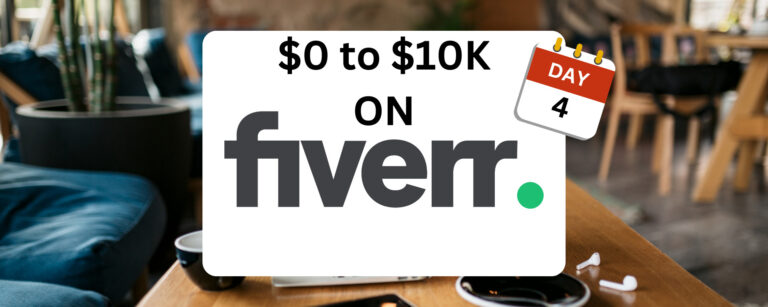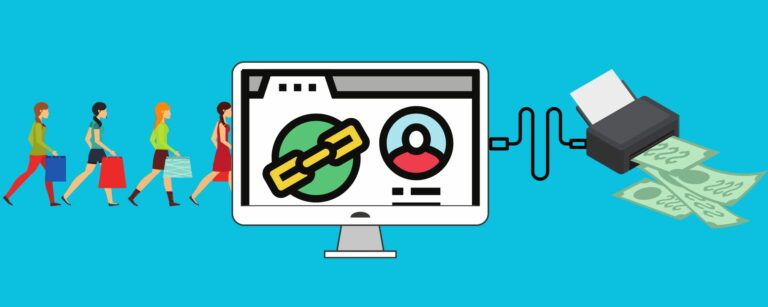Are NFC Business Cards Safe?: Secure Digital Networking Tips
The business world is rushing headlong into the digital age. Everything today is capturing our personal information. From the apps we use to the barista at Starbucks asking for your email.

Seriously do you want someone emailing you about coffee? I want my caffeine in the morning, not more emails in my inbox!
As more of our data floats in the cloud, the chances of someone using it for nefarious purposes rise.
So you may ask yourself, “Are NFC business cards safe? When I put my professional information on this new business card, is someone going to scrape my information?”
This comprehensive guide will delve into the inner workings of NFC-enabled business cards and their numerous benefits. In addition, we will outline the measures hackers may take to breach these devices and detail how to safeguard against such attacks.
What Is a Digital Business Card?
A digital business card is a unique, modern alternative to traditional paper cards. It’s an electronic business card, usually an app with a QR code and an accompanying NFC card.
Unlike their traditional counterparts, digital business cards are easily editable and never run out. They provide an eco-friendly and innovative solution for professionals to network in the digital age.
What is NFC Technology?
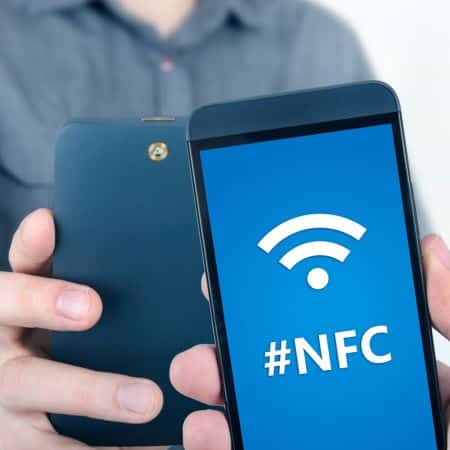
NFC (Near-field communication) is a wireless technology that allows two devices to communicate when in close proximity.
This technology is in contactless payment methods like Apple Pay and Google Pay. It can also transfer data between mobile phones or tablets without a network connection.
NFC Business Cards
An NFC card is a physical business card with an embedded NFC tag. It allows you to exchange data with a simple tap. The NFC chip contains information it sends to another device equipped with NFC capability. It eliminates the need to type in contact details manually.
Benefits of Using An NFC Card
The best NFC Business cards are:
- Eco-Friendliness: Digital business cards reduce paper waste and are environmentally responsible.
- Convenience: Sharing contact details is as easy as tapping a card on a compatible device.
- Customization: Updating digital cards with new information is simple and doesn’t require reprinting.
- Integrations: Integrate your NFC card with social media platforms for greater reach.
Security Risks with NFC Business Cards
While NFC business cards are super convenient, they do come with potential security risks you must know.
How Hackers Exploit NFC Devices
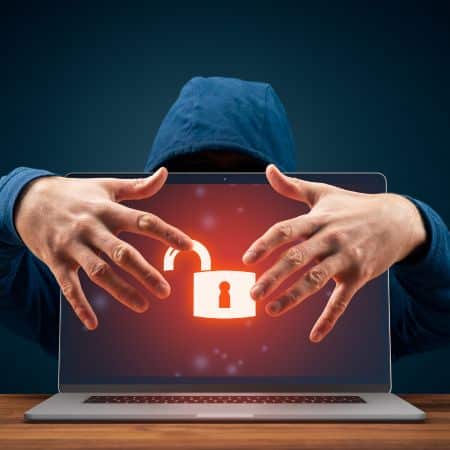
Hackers have some ingenious methods of getting access to your business information. They can even hack NFC chips, rewrite them and send you malicious information. Here are some other ways hackers can exploit an NFC tag:
- Eavesdropping: Hackers can intercept communication between two NFC-enabled devices using specialized equipment.
- Data Corruption: They can also send malicious code through an infected device to corrupt or alter the information transmitted via NFC.
- Data Theft: Cybercriminals can steal sensitive information stored on your digital business cards if they establish a connection with your device without you noticing.
- Smartphone Malware: Hackers can use malicious code to install malware on your device and gain access to personal data.
- Cloning: They can clone your digital business card to gain access to your confidential information.
- Skimming: It is also possible for hackers to use specialized equipment to skim data from your NFC card without you knowing.
Although there are risks, banks, and credit card companies have used NFC technology for years. Mitigating the risk is possible with the proper security measures.
How to Protect Yourself from Potential Threats
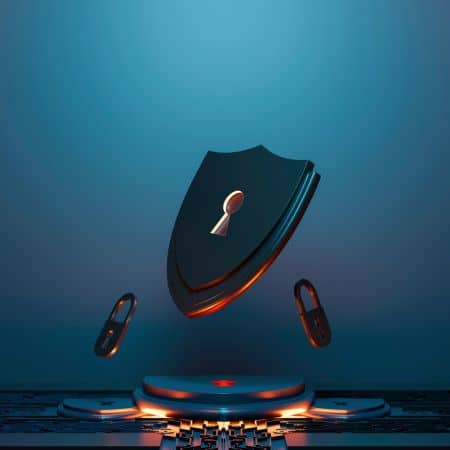
- Password Protection: Use strong passwords for all personal and professional accounts linked to your digital business card.
- NFC Security Apps: Download apps to secure contactless payments and other NFC technologies.
- Keep Your Device Updated: Regularly update your smartphone or tablet’s operating system and security software.
- Be Mindful of Your Surroundings: Avoid using an NFC-enabled device in crowded public spaces where hackers can access your NFC signal.
- Turn Off NFC: Turn off the NFC feature on your device when you aren’t using it.
- NFC Protection Wallets: Store your NFC business card in protective wallets to protect them from unauthorized access.
- Activate 2FA: Enable two-factor authentication on all accounts where available for added security.
- Avoid Public Wi-Fi: Use mobile data or a VPN instead of public Wi-Fi networks to access your digital business cards.
By following these tips, you can stay secure using an NFC business card and enjoy the convenience of contactless networking. With some know-how, you can safely take advantage of this innovative technology.
The NFC Forum
The NFC Forum ensures consumer safety by developing industry standards and improving security measures for businesses and consumers.
Initiatives for Improved Security
- Secure Element Validation: SE validation protects sensitive data stored on digital business cards from unauthorized access.
- Password Protection: Password protection adds an extra layer of security against potential hacking attempts.
- NFC Certification Program: The program promotes interoperability and consistency across various NFC-enabled devices.
NFC Cards Vs. Traditional Business Cards
NFC business cards have some significant advantages over traditional paper business cards. You can easily share your contact information with a mobile device by tapping rather than exchanging physical business cards.
Overall, NFC business cards are a great way to stay connected; if you take proper precautions and follow best practices, you can enjoy all digital business cards benefits.
FAQ
What does NFC stand for?
NFC stands for near-field communication. A method of wireless data exchange over short distances.
How safe are NFC business cards?
An NFC business card is generally safe but can be vulnerable to hacking, so follow NFC Forum guidelines and keep your device secure.
What are the safety issues with NFC?
Data theft, unauthorized access, and device manipulation are potential safety issues with NFC, but risks can be minimized when you use encryption and keep your devices up to date.
Are NFC business cards a good idea?
Yes, NFC business cards are a great way to exchange digital business cards quickly, cost-effectively, and eco-friendlily, but securing your digital card from potential threats is essential.
How are NFC cards secure?
NFC cards use short-range communication and encryption methods, and adhering to NFC Forum certification standards enhances their security further.
What are the disadvantages of NFC cards?
Despite their convenience, NFC cards come with some potential risks. One of the most significant issues is that if your card isn’t secured correctly, someone else can access it and use your data without permission. Additionally, NFC cards require a particular reader to work, so they are not compatible with all devices.
What are the security risks with NFC?
The security risks associated with NFC cards include data theft, unauthorized access, and device manipulation. It is essential to properly secure the card by using encryption methods and regularly updating devices. It is also a good idea to use two-factor authentication when available. Additionally, protect your physical card from being lost or stolen.
Conclusion
NFC cards provide a convenient way to share contact information, but the technology has security risks. Despite the issues, digital business cards have significant advantages over physical business cards.
By adhering to NFC Forum guidelines and taking the necessary security precautions, you can enjoy the benefits of using NFC cards without compromising your data.
When sharing information digitally, be aware of the potential issues with NFC technology. Turn off NFC sharing on your device when unused, and keep your NFC business card in an RFID-blocking case.
NFC technology has become more prevalent in recent years due to its convenience and widespread availability. Proper security measures make it easy to keep your NFC card safe while benefiting from its advantages.




